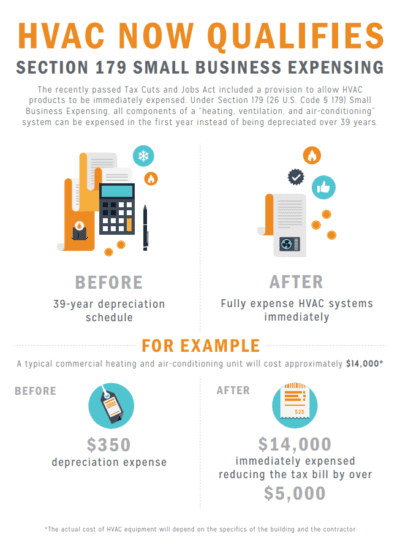Heat Pump Vs Furnace - Which Is The Better Heating Option For Your Home?
Heat Pump Vs Furnace - Which Is The Better Heating Option For Your Home?
Blog Article
Article Created By-Ashworth Matthiesen
Many property owners are familiar with furnaces, which warmth homes with oil or natural gas and press hot air with ductwork. They are fairly cost-effective and can supply reliable home heating also during a wintertime power failure.
However, they use fossil fuels and produce carbon monoxide and other air contamination. They additionally aren't as energy-efficient as a high-efficiency heatpump.
Price
Usually, heat pumps are more cost effective to run than heating systems. They typically make use of electrical energy and refrigerant to remove warmth from outside air, and after that transfer it into your home. You can make the most of cheaper electricity prices throughout off-peak hours to additionally reduce your home heating costs.
Unlike heatpump, gas or wood-burning furnaces use burning to create warmth, giving off flue gases right into the ambience that can be hazardous to your health. These heaters are also less energy-efficient than heat pumps, and their greater operating expense can build up gradually.
Heating systems are much more difficult than heat pumps and need routine maintenance to guarantee the appropriate function of all parts. Despite this, they often tend to last longer than heat pumps with a common lifespan of two decades or even more. Nevertheless, you'll need to consider the price of gas, gas oil or timber and the extra equipment required for installation and operation such as air ducts and ventilation systems.
Power Performance
Heatpump have a higher energy performance rating than heaters. These systems make use of electrical energy to feed on heat from the air, even in freezing temperature levels. They can also remove excess heat from the home during warmer months and recycle it to cool down the system. copyright professionals can aid you identify the very best version for your home based on climate and source power prices.
Heating systems burn fuel oil, gas, gas or various other types of fossil fuel to warm the air in the home. This air is after that spread via ductwork making use of a huge follower. Heating systems create greenhouse gases and call for normal upkeep and tools upgrades to guarantee secure operation.
The greatest advantage of a heater is that it can be run also in rough winter season conditions since it does not count on outside temperatures to heat the air. Furnaces additionally have a longer lifespan than heat pumps and commonly last 15 years. They can likewise be paired with twin fuel options, which choose the most efficient home heating option based upon the weather condition.
Environment
Heatpump function well in moderate climates and make use of less source power than heating systems. Nevertheless, if your region is extremely cold, you may require to invest in a conventional gas heater rather.
Heaters give cozy, cozy warmth and generally use rapid home heating to raise indoor temperature levels. These systems can be utilized with a variety of gas kinds, including gas, lp, oil or power.
They consume a lot more power than heatpump-- as much as 3x as much-- and need ductwork that's expensive to set up or retrofit. They're also a lot more expensive to keep, as they can create air top quality problems and produce greenhouse gas discharges.
If you're committed to decreasing your carbon footprint, a heat pump is an excellent option for your home. They have fewer greenhouse gas emissions than heating systems, specifically if you pick a power STAR ® heatpump. Your local Provider professional can explain the distinctions between these 2 heating systems and aid you make the very best decision for your distinct demands.
Personal Preferences
Heaters can be very power reliable when powered by natural gas, lp or oil, however they aren't as power effective as heatpump in icy environments. They can also be more costly to install, calling for gas lines and ventilation systems.
However, ducted heat pumps rotorua have a tendency to require less maintenance, which can cause reduced recurring costs. They create less greenhouse gases and are a lot more dependable than heat pumps throughout extreme weather.
Electric heatpump are much more functional in developing indoor convenience since they can additionally function as air conditioners during warmer months. https://elliotemtzg.buyoutblog.com/29369416/are-warm-pumps-the-most-efficient-hvac-option-for-your-home-a-relative-evaluation can be easier to keep, requiring just routine air filter modifications and occasional vacuuming.
If you prefer the comfort of a solitary system that does it all, take into consideration a crossbreed heating option that pairs a heater with an electrical heat pump. These systems can automatically change between both heating alternatives based on your home's needs and temperature level problems, making the most of performance and savings.